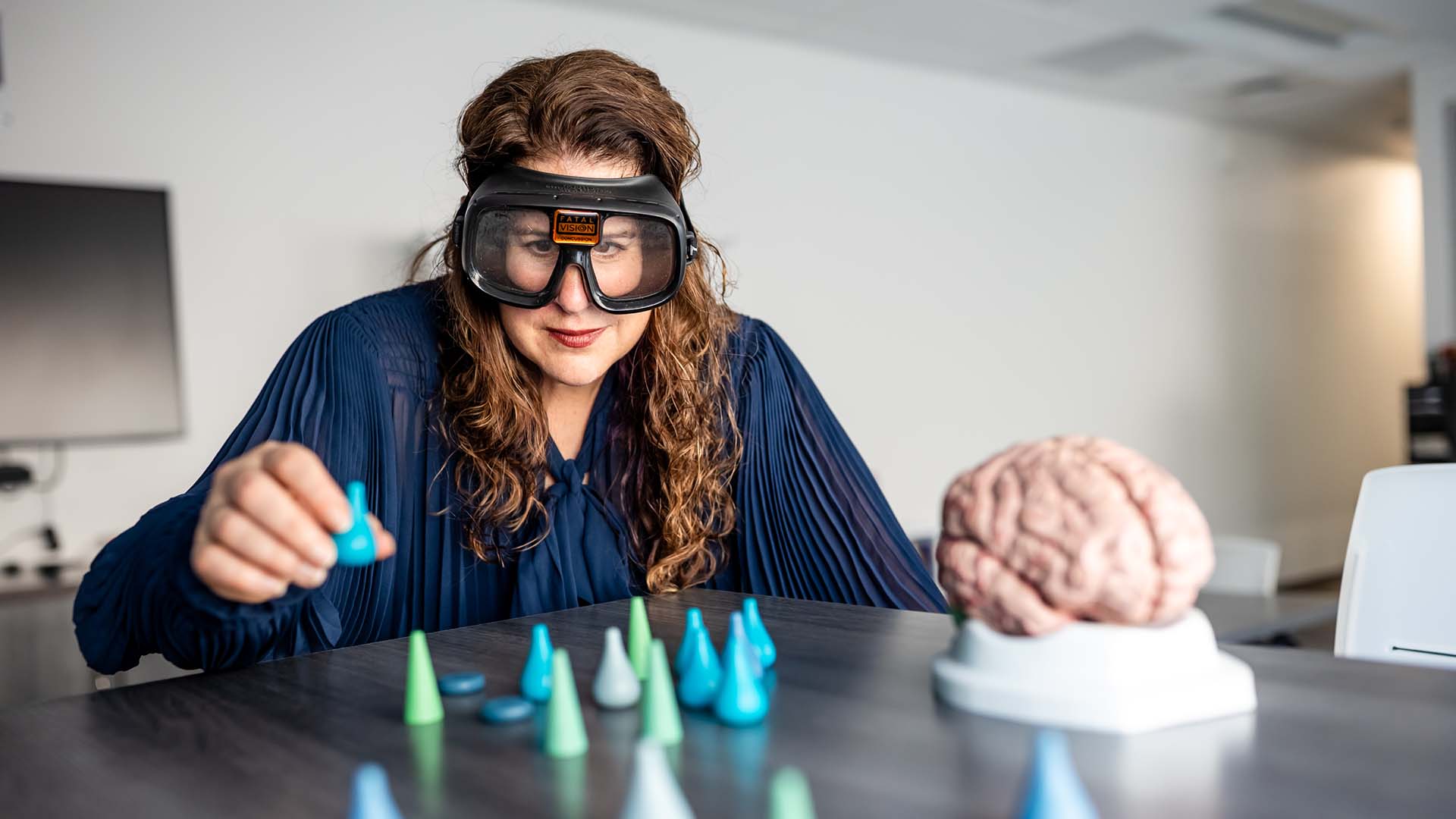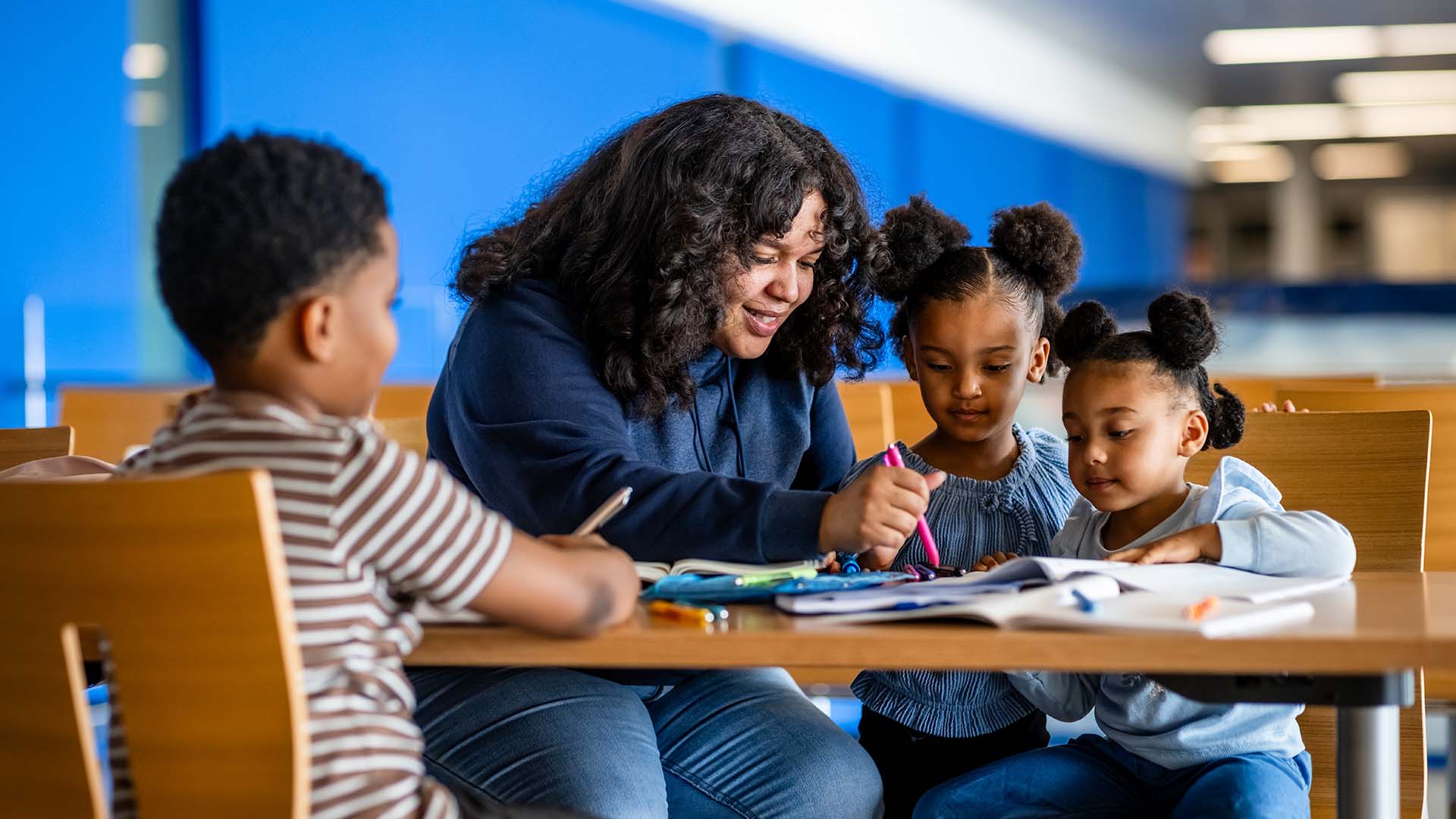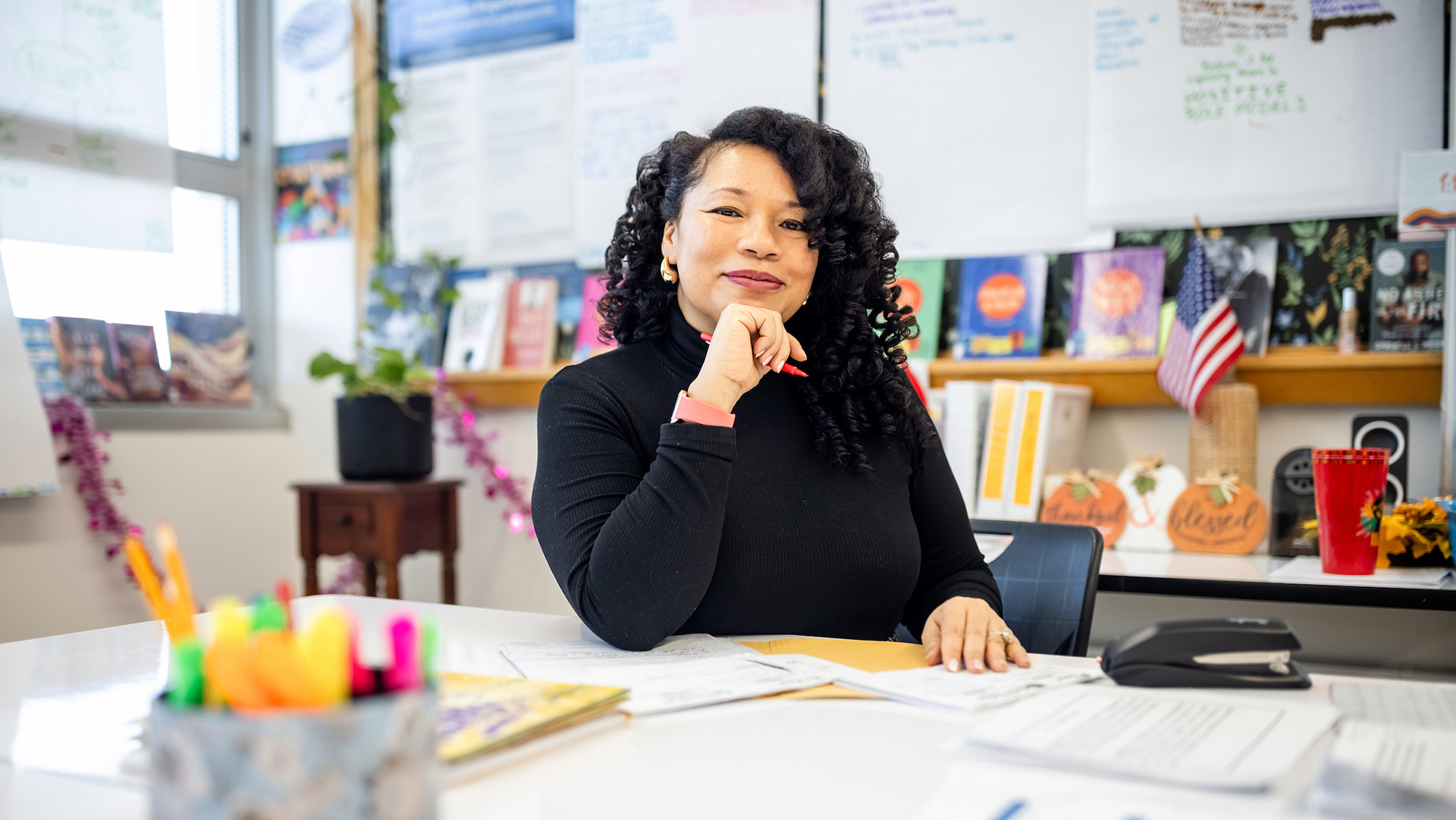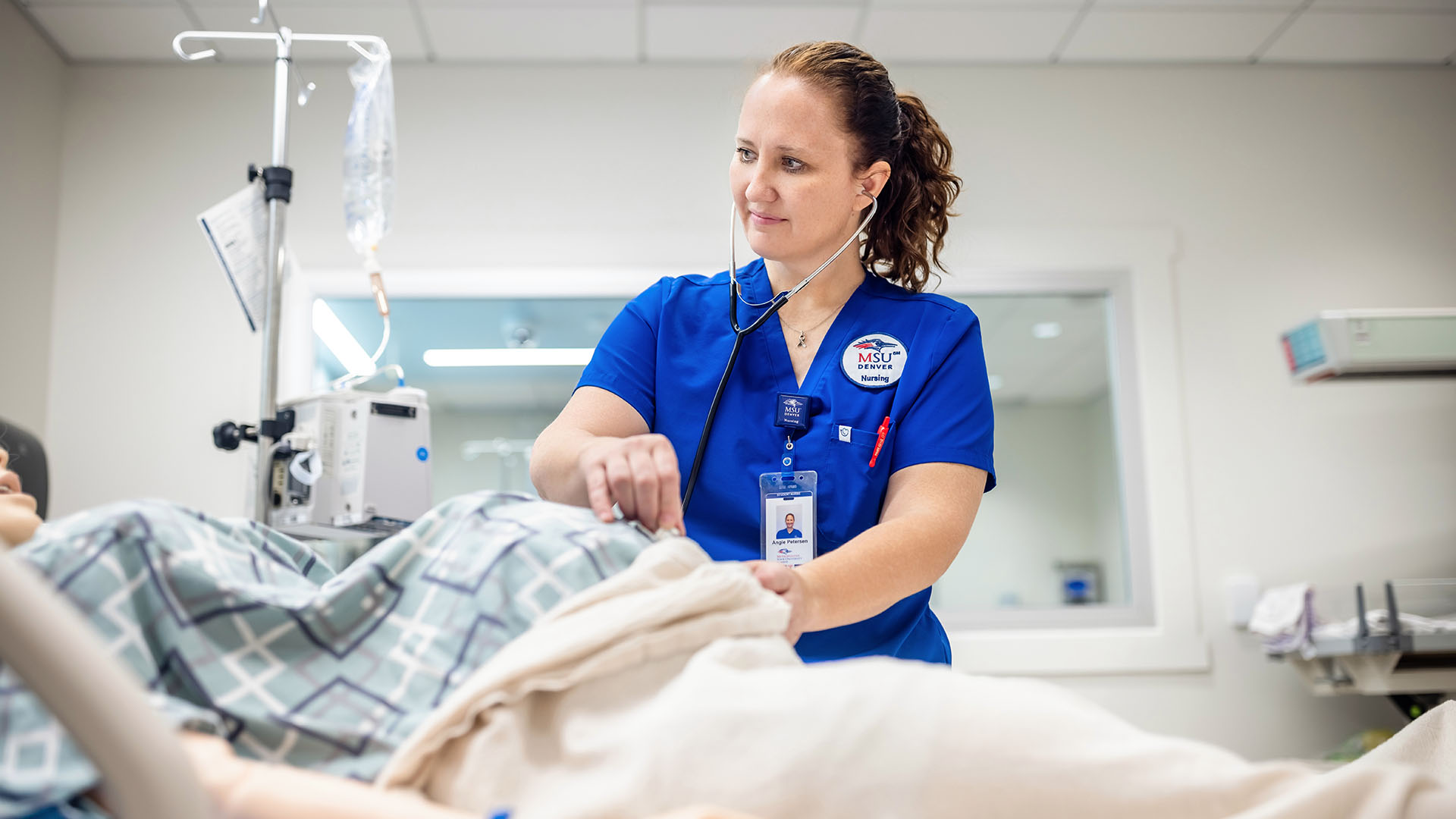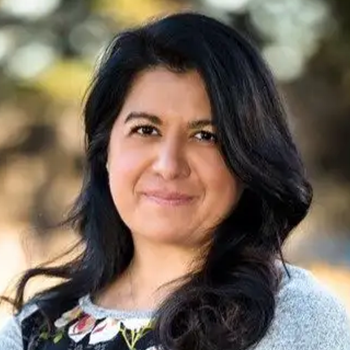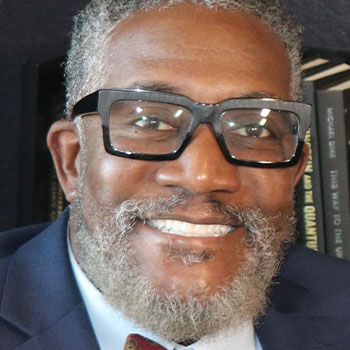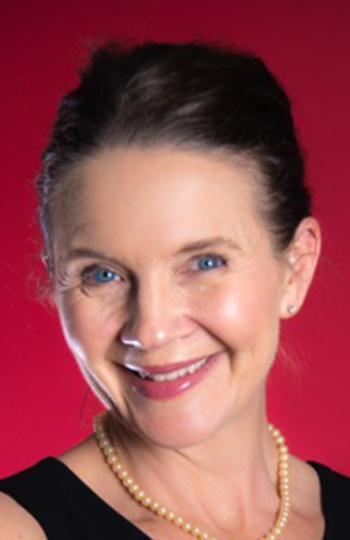Running the road out of darkness
President’s Award winner Maria Coppersmith-Buschman is living proof that resilience is real, difficulties strengthen us and living matters.
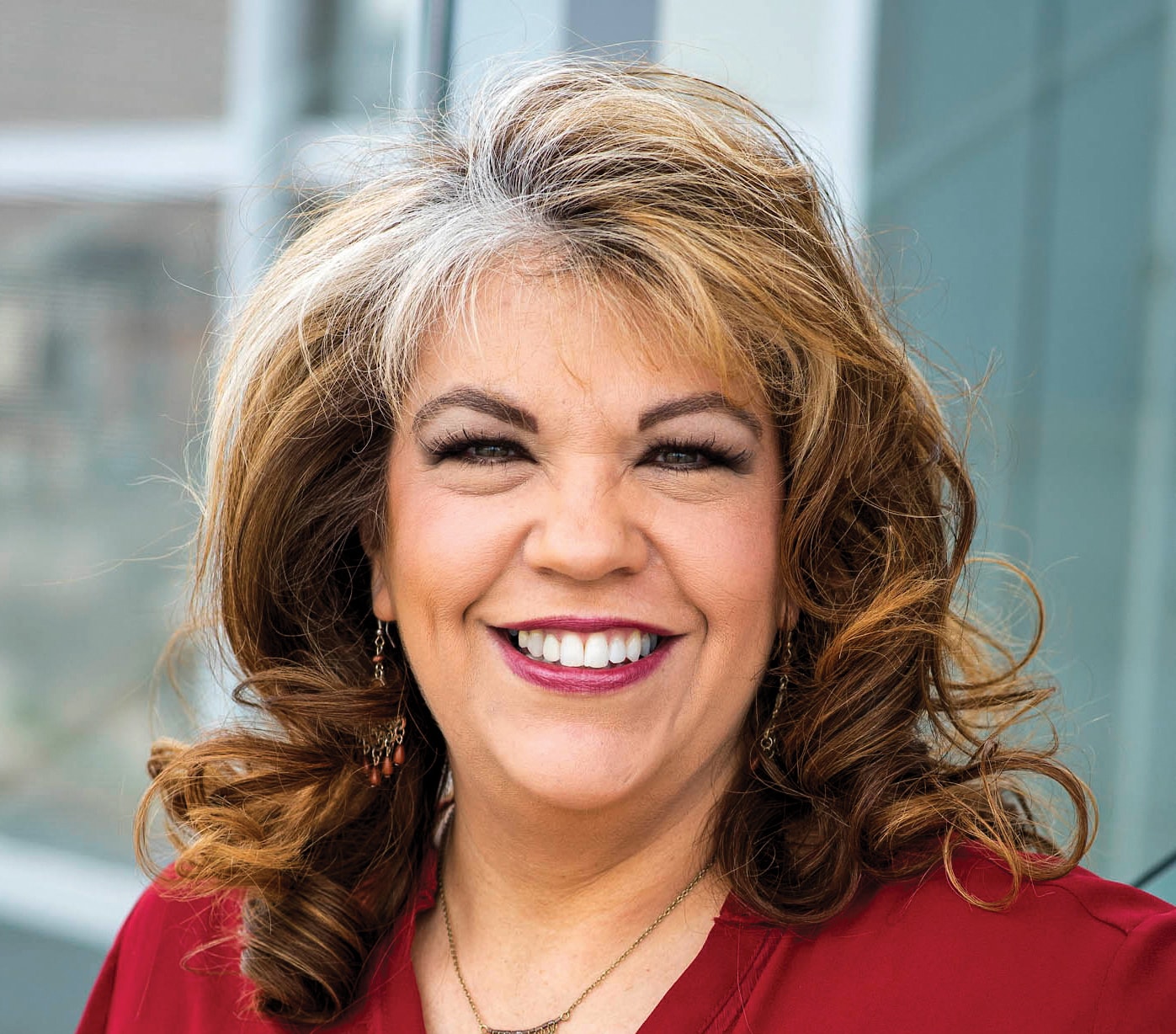
If you’ve ever wondered what resilience looks like, take a good look at Maria Coppersmith-Buschman.
By practically any measure, she shouldn’t be here.
As a teenager, she attempted suicide three times. Today, at age 53, she is the spring 2018 President’s Award winner at Metropolitan State University of Denver – graduating with honors – holding a bachelor of science in social work. Part of that distinction is that she gets to address the Commencement audience.
They’re in for a treat – not because she’s going to talk about her life; she isn’t.
“Everyone has a story. We all have stories. We’ve all overcome things,” Coppersmith-Buschman says. “I want to talk about what I wish I had known when I was 20 that would have made my life easier.”
Her life could have been much easier. She’s endured severe depression, bullying, divorce, sexual and verbal abuse, children with life-threatening health issues, poverty and homelessness.
But of course, she prevailed. And not only that, she has flourished as a giver and helper.
Community service began at age 9, volunteering at her church. She spent two years in her 20s in the Philippines working on public health, child immunizations and education. She taught English and sign language for eight months in a United Nations camp for Indochinese refugees. Today, she volunteers for the Guardianship Alliance of Colorado and Jefferson County schools and is an intern at Centura Health. At MSU Denver, as president of the social-work honor society, she is helping to create a peer-support program. As a Supplemental Instruction Leader, she mentored students at risk of dropping out of school.
Barbara Decker, one of her social-work professors, says when Coppersmith-Buschman learned that a fellow student was having financial difficulties, she stepped in and got her the money she needed to stay in school.
“Maria has told me that she wants to make sure that no social-work student ever goes without support,” Decker says.
Her life and work have helped thousands, a fact not lost on Coppersmith-Buschman – especially when she ponders whether any of her suicide attempts had been successful.
“There are tangible things – the work I did in the Philippines affected a lot of lives,” she says. “And then I have four amazing children and one grandchild – they are turning out great. They’re just amazing creatures, and they wouldn’t be here. At MSU Denver, I think there might have been students who would have dropped out of school. People have told me I saved their life in one way or another – told me I gave them hope to keep going.”
She says all of her experiences have taught her life lessons. Chief among them, she says, are these:
- The difficulties we face make us stronger.
- Problems are temporary. “Whatever is currently bothering you will become a thing of the past – it will become history,” she says.
- You’re not responsible for others’ happiness. “I can give people tools that might help them,” she says, “but making them happy isn’t my job. That took me a long time to learn.”
- Your happiness shouldn’t depend on anyone else. “I create my own happiness,” she says. “I’m in charge of that.”
- Don’t be afraid to seek help. “We don’t get embarrassed with physical health problems – a cold or a cut – and we shouldn’t get embarrassed when it’s a mental-health problem,” she says. “Asking for help isn’t a sign of weakness; it’s a sign of strength.”
Up next for her: She begins her master’s in social work this summer at MSU Denver with a goal of becoming a licensed clinical social worker, addressing mental health issues of adults and seniors.
No doubt, the profession is lucky to have her.
“I think social work is my true calling,” she says.

